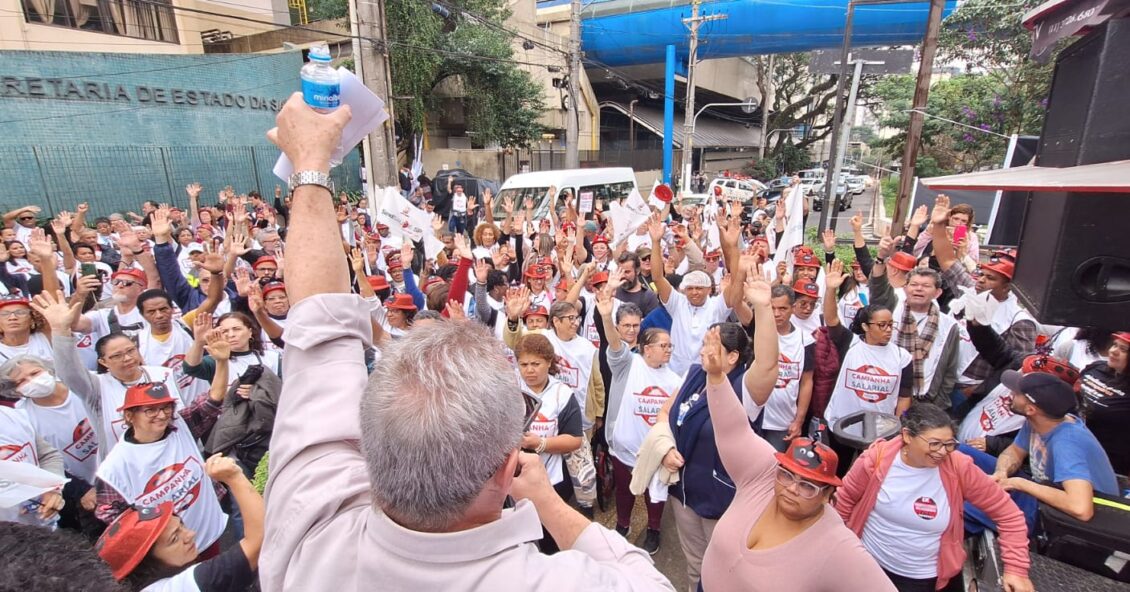Tackling violence and harassment in the care sector
28.11.22
UNI Care held its statutory conference in Warsaw last week, bringing together care unions from across Europe. One of the main topics of the two-day event was tackling the violence and harassment faced by nursing home and homecare workers.
Amongst the factors driving increased violence and harassment of care workers are the labour shortages and high staff turnover rates, as identified in UNI Europa Care’s RETAIN project. Shortages of staff lead to decreased services provision and ultimately put stress on care users and care workers alike. For that reason, the RETAIN project had already proposed that UNI Care affiliates advocate that their governments ratify ILO Convention 190.
As 95 per cent of the care workforce are women, and many among them are migrants or Persons of Colour, unions need to develop specific means to address their issues. For that reason, UNI Europa Care teamed up with UNI Equal Opportunities as part of an EU-funded project (VS/2021/0041) at its meeting.
Amel Djemail, UNI Europa Director Equal Opportunities spoke about UNI Europa’s campaign to ratify ILO Convention 190 across all EU member states to the conference and the need for EU-level guidelines.
In the discussion, Polish nursing home workers told the conference that alcohol abuse among care users was rampant. When drunk, care users would spit at them, insult them and even physically attack them. Barbara Dors from Polish UNI Care affiliate OPZZ-KP made it clear that abuse was both physical and psychological.
Delegates from across Europe also discussed how home care workers were exposed to violence and harassment in persons’ homes, and left without any protection. One participant recounted how a migrant live-in care worker had to barricade her door with a mop because the care user would enter her room during the middle of the night.
In Belgium, UNI Care affiliate SETCa-BBTK alongside its employer organisation has set up an institution called ICOBA which specifically monitors violence and harassment in the care sector. SETCa-BBTK presented a motion, which was adopted, that stressed that UNI Care will cooperate with employers, old persons’ groups, persons with disabilities and other user organisations on establishing guidelines on tackling violence and harassment in persons’ homes.
Adrian Durtschi, UNI Care Head of Department said: “We have seen how feminist movements and trade unions have been converging in recent years and changing women and migrant workers lives. Yet, millions of home care workers across Europe still don’t have adequate labour protection. UNI Care is dedicated to changing that and using union power to ensure that no nursing home or home care worker needs to work in fear.”


